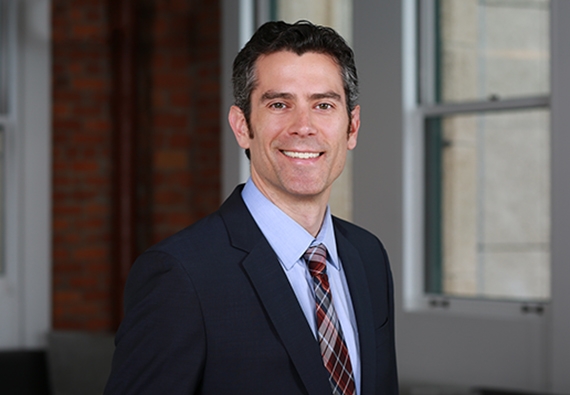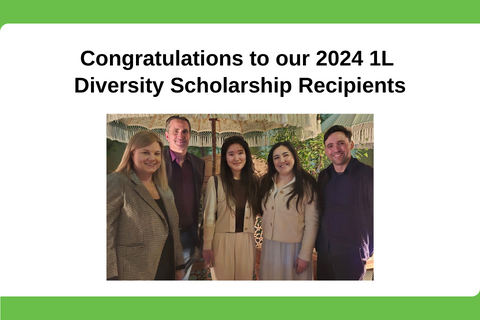Highlights from 2022 Unified Patents Corporate IP Strategy Conference
Recently, several Farella lawyers attended the 2022 Corporate IP Strategy Conference, co-hosted by the Santa Clara University High Tech Law Journal and Unified Patents. Eugene Mar, Erik Olson, Dan Callaway, and Tom Pardini enjoyed meeting and reconnecting with colleagues in the industry, as well as attending the highly informative seminars and panels. Below, we share our three biggest takeaways from the conference:
1. Notice letter responses: Often before a company is even sued for patent infringement, the very first step is the company receiving a “notice letter” from the alleged patent owner. This letter typically alerts the company to the existence of the patent or patents it may be infringing, and may include a request to license the patent(s) and/or threaten a lawsuit. One panel of in-house lawyers discussed their different strategies for responding to these notice letters. There is no one-size-fits-all approach, and the response is often dependent on the merits of the asserted patents, the sophistication and credibility of the party sending the letter, and the resources and strategic goals of the company receiving the letter.
Assessing the level of threat will inform the degree of your response. However, it is a good rule of thumb to take such notice letters seriously, investigate to the best of your ability the asserted patents and any attached claim charts, and respond either seeking more information or providing a substantive response based on non-infringement or invalidity. A response should include an introductory paragraph explaining that you take intellectual property rights seriously and what steps you took or are taking to investigate the allegations. It could also involve presenting relevant prior art that may invalidate the asserted patents, or an explanation as to why your company’s products do not infringe the patent’s claims. A substantive response often establishes rapport and good faith with the asserting entity. In addition, such a response can sometimes result in the patentee just walking away forever, but even if not, it helps to set up a good defense to a claim of willful infringement.
2. Standard-essential patents (SEPs): Professor Brian Love from Santa Clara University School of Law presented detailed findings from a study he conducted regarding standard-essential patents asserted in litigation. We found it interesting that in cases where the defendant prevailed against a competitor, the majority of those victories resulted from a non-infringement judgment. In SEP cases brought by a non-practicing entity (NPE), the statistical majority of the defendants’ wins resulted from a successful invalidity challenge.
3. European patent litigation: One panel discussed the advent of the Unified Patent Court (UPC) in Europe, which is a new international court set up to decide infringement and validity of existing issued European patents and new “unitary patents.” Unitary patents will make it possible to get patent protection in up to 25 European Union Member States by submitting a single request to the European Patent Office. Although this new unified system has the potential to streamline and standardize patent infringement disputes and create more consistent rulings, the panel discussed potential issues that could arise. Panelists were particularly concerned about inconsistencies that could emerge in the UPC system based on judges from different jurisdictions applying their own regional interpretation of patent law. In addition, there is some concern that certain judges may try to become the go-to court for infringement or invalidity. Some of the European panelists expressed concern that this could become similar to U.S. patent litigation, where the administration and resolution of a patent case can vary greatly due to regional differences among judges and juries, making American patent litigation often difficult to predict.



